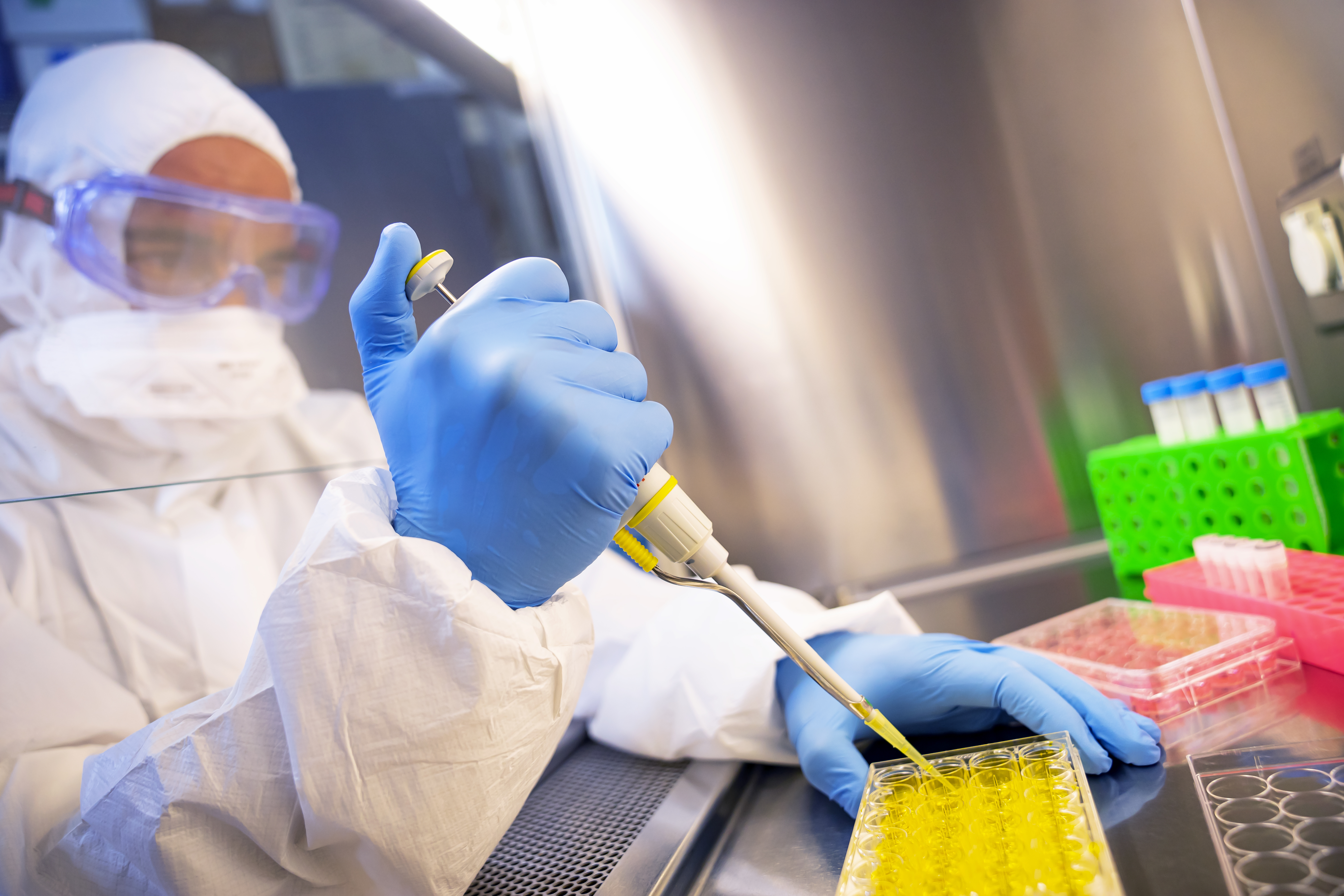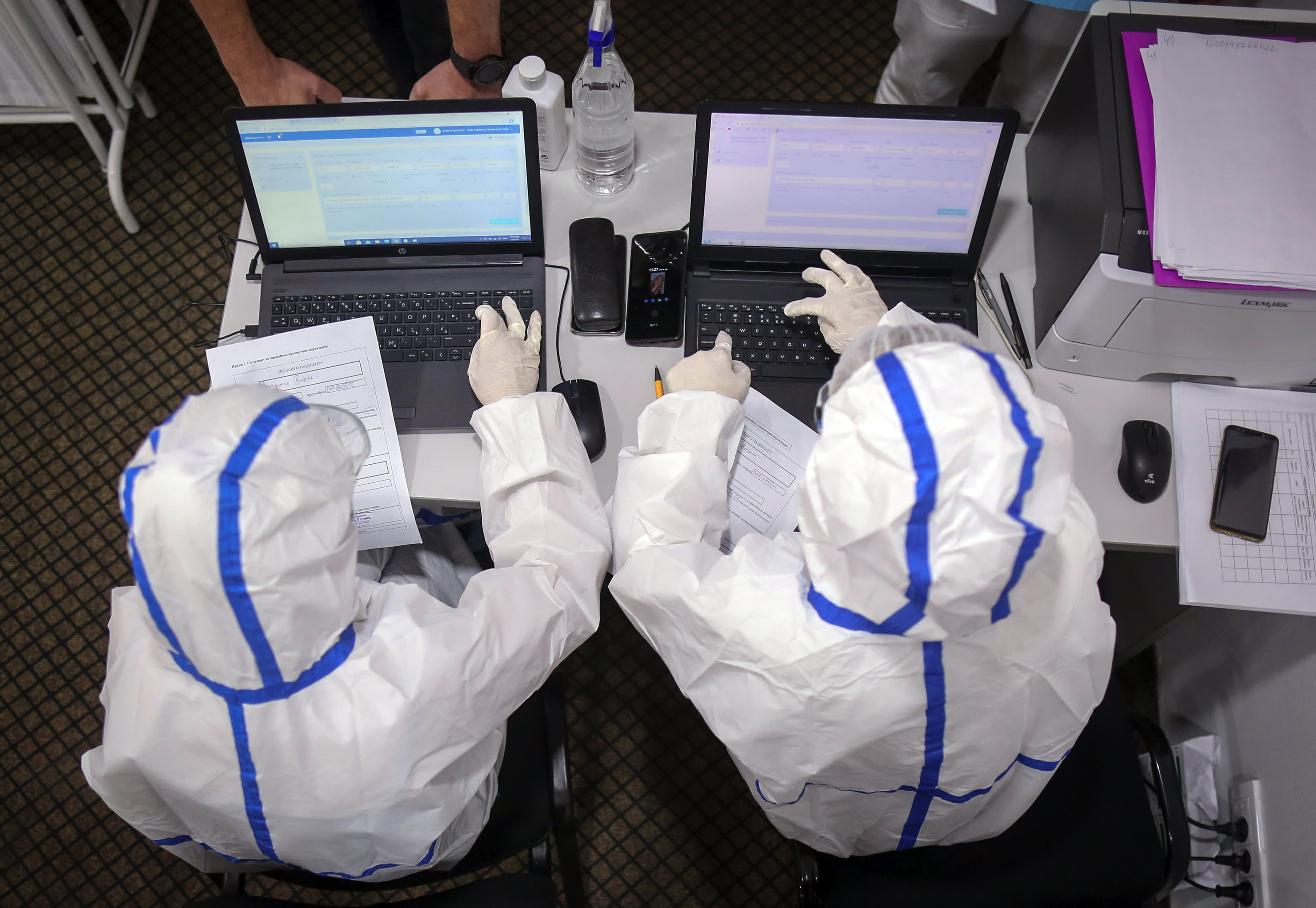The first case of a COVID-19 variant initially found in the United Kingdom has been confirmed in Massachusetts, health officials said Sunday.
The individual, a Boston woman in her 20s, came back to Boston on Jan. 3, where she remained at Logan International Airport for a two-hour layover before flying on to another state, according to the Boston Public Health Commission (BPHC).
According to the Massachusetts Department of Public Health, the woman became sick a day after returning from a trip to the U.K. While she had tested negative for the virus before leaving the U.K., the woman tested positive for COVID-19 in early January.
She is currently symptomatic and remains in the state she flew to from Boston, according to the BPHC.
A sample taken from the woman was tested at an out-of-state laboratory as part of a process set up by the U.S. Centers for Disease Control and Prevention to monitor the possible spread of the variant, officially called B.1.1.7, health officials said.
The variant is thought to spread faster than the form of the virus that's been in the U.S., and surveillance testing for it in Massachusetts has been ongoing at the State Public Health Laboratory, in collaboration with clinical diagnostic laboratories and academic partners, according to the Department of Health.
Contact tracers interviewed the woman with the COVID-19 variant and are continuing interviews now that the variant has been confirmed as causing her illness, officials said.
Efforts to prepare the health care system for further surges in cases are warranted.
-CDC report on the strain of COVID-19 discovered in the U.K.
This variant, which was first detected in September and has since become incredibly prevalent in the United Kingdom, appears to be more transmissable but no more deadly, according to the CDC. But the health agency's page on the variants warns that "an increase in the number of cases will put more strain on health care resources, lead to more hospitalizations, and potentially more deaths."
There have been 88 total cases of the B.1.1.7 variant identified in 14 states thus far, according to the Department of Health. Massachusetts is the second state in New England where it's been detected, following two detected in Connecticut over a week ago.
But the CDC released a report this week that, because the B.1.1.7 variant of COVID-19 can spread faster, it may become the dominant form of the virus in the United States by March.
"Efforts to prepare the health care system for further surges in cases are warranted. Increased transmissibility also means that higher than anticipated vaccination coverage must be attained to achieve the same level of disease control to protect the public compared with less transmissible variants," the CDC report said.
Massachusetts Gov. Charlie Baker had said in early January, after the virus had been found in the United States, that he expected it had already arrived in Massachusetts.
"I think most of us are working on the assumption that it's here," Baker said. "There would be no reason not to."
State officials say public health risk reduction measures remain the same in Massachusetts.
Existing COVID-19 vaccines are thought to be as effective against the new variant as against the initial form of the virus, according to health officials and the vaccines' manufacturers.
There are other variants than the one discovered in the United Kingdom, as well, including ones discovered in South Africa and Brazil.
The first U.S. case of the variant was detected in Colorado this December. The new variant's arrival in Massachusetts comes nearly a year since the first coronavirus patient was identified in the state.
Asher Klein contributed to this report.



